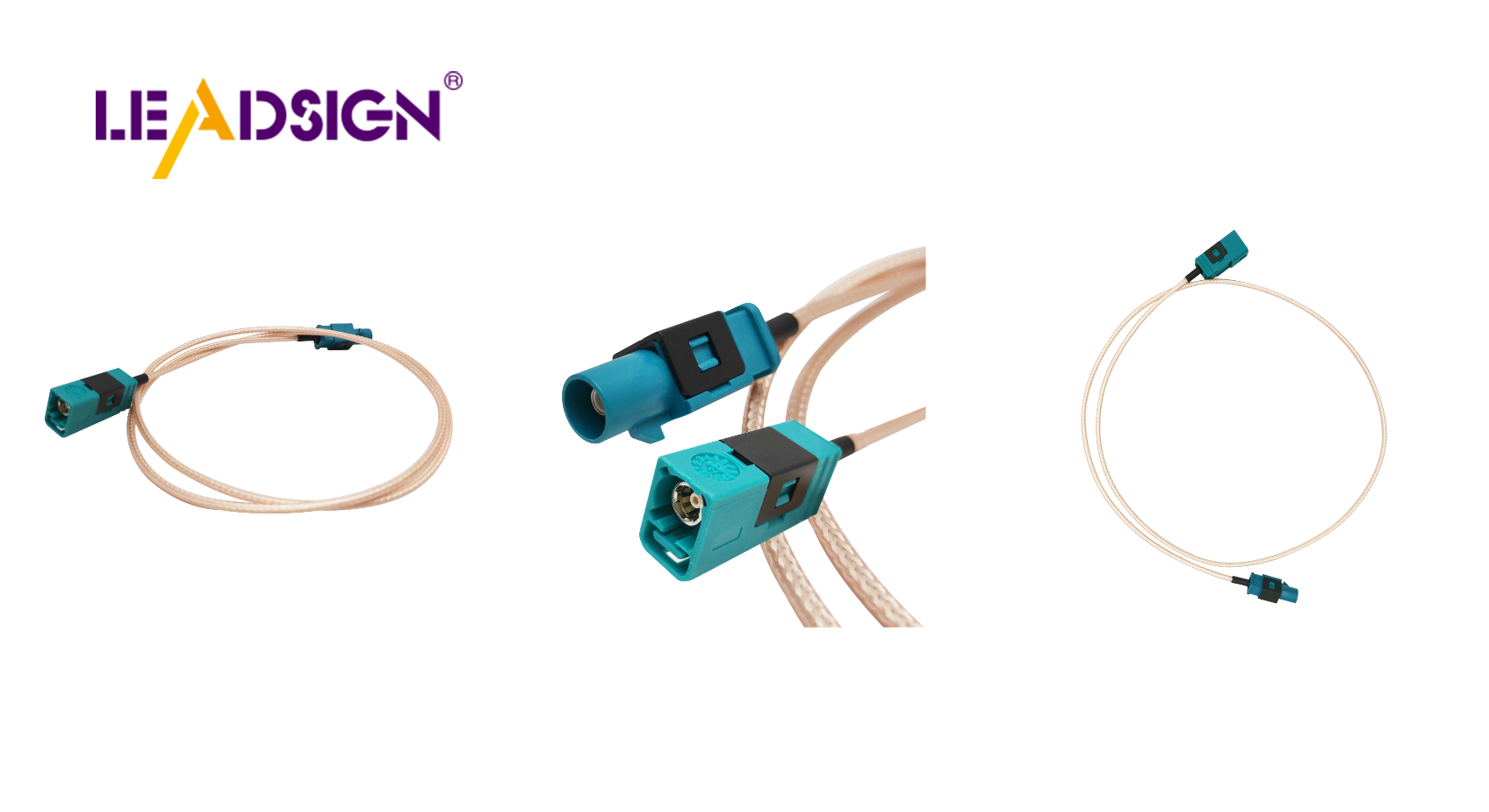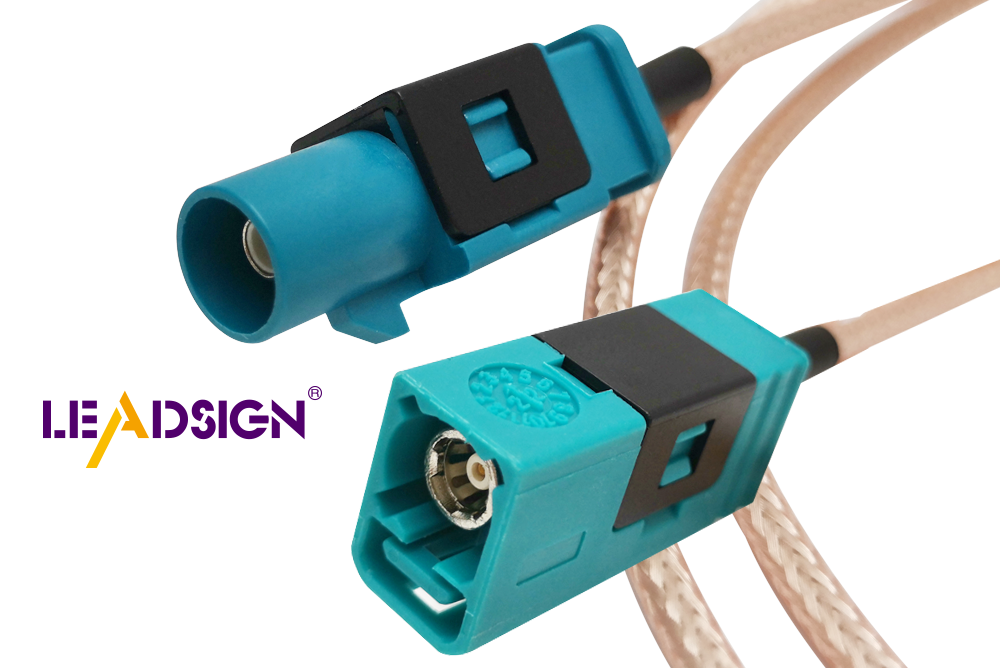Custom Wire Harness: Tips for Effective Electrical Connections

Using the right types of connectors electrical keeps projects safe and reliable. Bad connections can cause big problems like fires. Pick connectors that fit your needs to stop these issues. Custom wire harnesses are important in many areas, like cars and gadgets. They give special solutions that make things work better. Knowing different types of connectors electrical is key for strong connections. By choosing the right connectors, you lower failure chances and make systems last longer.
Key Takeaways
Choose the right connectors for your project to ensure safety and reliability.
Prepare wires properly using the right tools to create strong connections.
Regularly check and test your connections to prevent electrical issues.
Avoid overloading circuits to reduce the risk of fires and equipment damage.
Use good insulation to protect connections from damage and ensure longevity.
Be mindful of connector types and their specific applications to enhance performance.
Seek professional help if you're unsure about wiring to ensure safety and compliance.
Understanding Types of Connectors Electrical

When doing electrical work, knowing different connectors is important. These connectors keep your connections safe and strong. Let's look at some common electrical connectors and where they are used.
Types of Electrical Connectors
Crimp Connectors
Crimp connectors are easy to use and reliable. You attach them by squeezing the connector onto the wire. This makes a strong connection. They are great when you need a quick bond without soldering. Crimp connectors are used in cars and factories because they last long.
Solder Connectors
Solder connectors make a strong and lasting connection. You use solder to join wires, which helps electricity flow well. This method is best for connections that face shaking and weather changes. Solder connectors are found in gadgets and circuit boards.
Insulation Displacement Connectors
Insulation displacement connectors (IDCs) let you connect wires without removing the cover. You push the wire into the connector, which cuts through the cover to touch the wire inside. This connector is good for fast setups and is used in phones and networks.
Applications of Different Connectors
Automotive Industry
In cars, the right connectors are key for safety and work. FAKRA connectors are used for things like GPS and radios. They have secure systems, making them good for cars.
Consumer Electronics
Gadgets need small and smart connectors. FFC connectors, or flat flex connectors, fit in small spaces like laptops and cameras. They save space and help gadgets work well.
Industrial Equipment
Big machines need connectors that handle lots of electricity. Heavy-duty rectangular connectors are made for tough jobs. They work well even when stressed, helping machines run smoothly.
Knowing these wire connectors and their uses helps you pick the right one. Choosing the right connector makes sure your electrical connections are safe and work well.
How to Use Wire Connectors Well
Using wire connectors right keeps your electrical work safe. Follow these steps for the best results.
Getting Ready
Collecting Tools
First, get all the tools you need. You need a wire stripper, crimping tool, and wire connectors. Expert Electricians say wire crimping tools are best. Right tools make the job easier.
Preparing Wires
Next, get the wires ready. Use a wire stripper to take off the wire cover. Be careful not to hurt the wire strands. Good wires make strong connections.
Pick the Right Connector
Think About Electrical Needs
To pick the right connector, think about what your project needs. Different connectors work with different power levels. Good connectors keep connections safe.
Match Connector to Use
Match the connector to what you need it for. Crimp connectors are good for cars and factories because they last. Twist-on connectors are easy for home wiring.
Check Connections
Look at It
After connecting, look closely. Make sure wires are tight and no strands show. Checking helps stop problems later.
Test It
Finally, test if it works. Use a multimeter to see if electricity flows well. Testing makes sure your work is safe.
Expert Tip: If you're unsure or the work is hard, ask a pro. Electricians know how to do tricky wiring safely.
By doing these steps, your electrical work will be safe and good.
Keeping Electrical Connections Safe and Reliable
Making sure your electrical connections are safe is very important. You need to do the right things to stop accidents and make sure everything works well. Let's look at some safety tips and mistakes to avoid.
Safety Tips
Don't Overload
Putting too much power in circuits can cause fires. Always check how much power your devices need. Make sure they match what your connectors and wires can handle. This simple check keeps things safe and stops problems.
Use Good Insulation
Good insulation keeps connections safe from damage. It stops short circuits and shocks. Always cover wires and connectors with good insulating materials. This not only keeps things safe but also makes your systems last longer.
Research Says: The Act Electricians Blog says good wiring and insulation are key for safety. They help stop fires and problems.
Mistakes to Avoid
Wrong Connector Choice
Picking the wrong connector can make your system unsafe. Always choose connectors that fit your needs. Think about the type of current, voltage, and where you use them. This careful choice keeps connections safe and working well.
Bad Crimping or Soldering
Bad crimping or soldering makes weak connections. Use the right tools and ways to make strong bonds. Practice to get it right. This care keeps your connections strong.
Research Says: The MDPI journal says good connectors are important for safety. They stop problems and keep things comfortable and safe.
By following these tips and avoiding mistakes, you can make safe and reliable connections. Regular checks and care make your systems last longer and work better.
To make good electrical connections, follow these important tips:
Pick the right connectors: Choose ones that fit your project for safety.
Get wires ready: Use the right tools to strip and join wires well.
Check connections: Look at them and test to make sure they work.
Doing these things makes it safer, saves energy, and helps systems work better. Good connections lower fire risks and help systems last longer. By using these tips, you make your electrical projects safer and better.
FAQ
What does a wire connector do in electrical systems?
A wire connector joins wires together. It keeps them connected safely. This stops wires from coming apart and helps avoid electrical problems. Picking the right size is important for safety.
How do I pick the right size wire connector?
To pick the right size, check the wire thickness and how many wires you have. The connector should fit well, not too tight or loose. This keeps the connection safe and avoids dangers.
Why are wire crimping tools needed?
Wire crimping tools make strong connections. They press the connector onto the wire tightly. This keeps the connection strong, even if it shakes or moves. This is important in cars and factories.
Can push-in connectors be used everywhere?
Push-in connectors are easy to use but not for all wires. They work best with solid wires, often in homes. For tough jobs like in cars, other connectors might be better.
What mistakes do DIY electricians make with wire connectors?
DIY electricians might pick the wrong connector size or type. They might not strip wires right or use crimping tools wrong. These mistakes can make weak connections and cause problems.
How do wire crimping tools help connections?
Wire crimping tools keep wires connected well. They stop wires from slipping out. This makes the connection safe and stops electrical shorts.
Are there special connectors for cars?
Yes, cars need special connectors for tough conditions. FAKRA connectors are used for things like GPS in cars. They lock well and handle car demands.
How can I keep my wiring safe?
To keep wiring safe, use the right size connector and install it right. Check connections often for damage. Use good tools and connectors for your job to make it last.
What if I'm unsure about wiring?
If unsure, ask a pro electrician. They can help make sure your wiring is safe and done right. This is key for big or high-power projects.
See Also
Enhancing Automotive Data Flow With Innovative Connectors And Cables
Boosting Performance Using HFM Connectors In Vehicles
Improving Data Transfer: Significance Of High-Speed Connectors In Automotive

